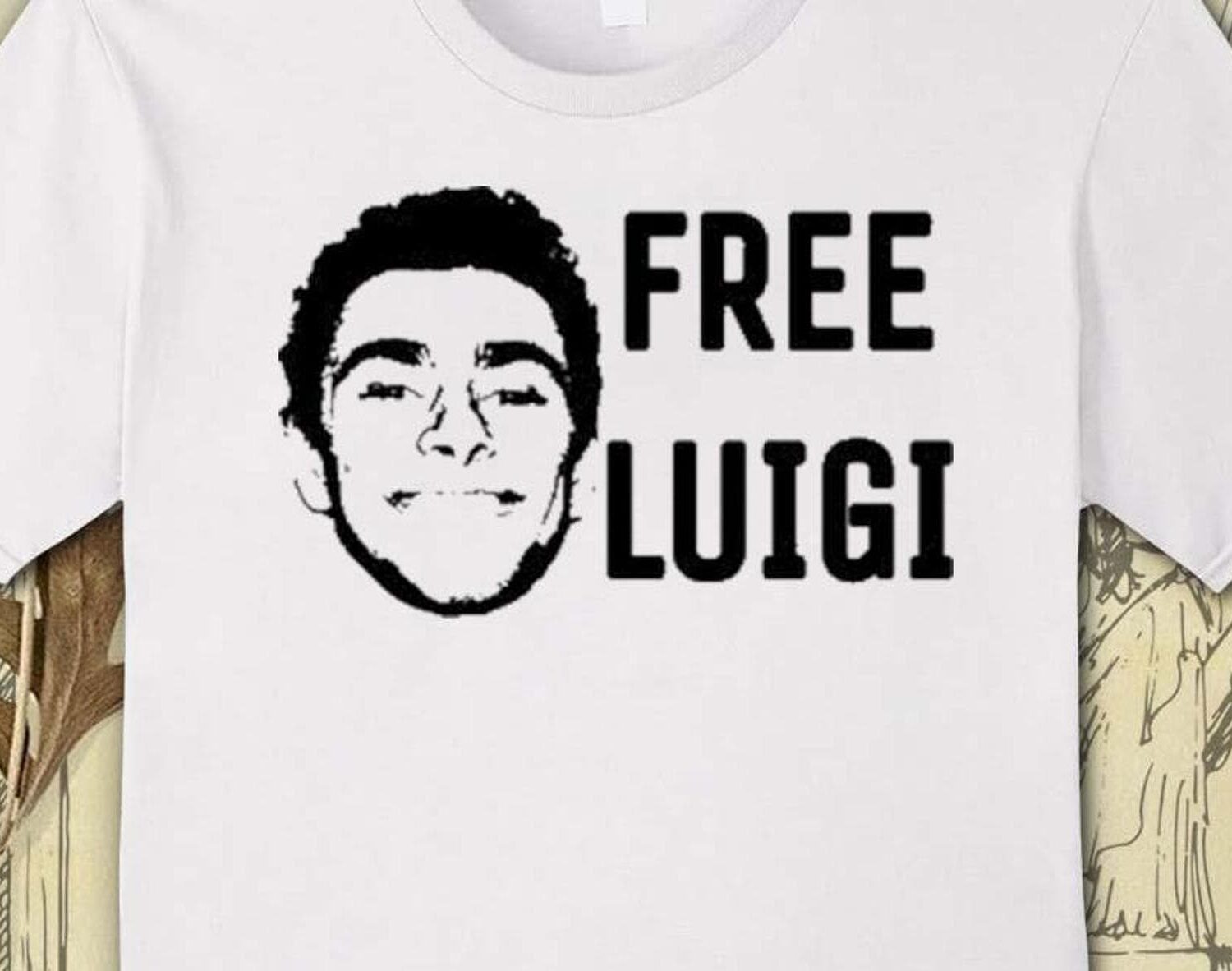The murder of UnitedHealthcare CEO Brian Thompson has shaken the United States to its core, revealing a country increasingly polarized and frustrated with health insurance companies. Thompson, 50, a father of two, was murdered in Philadelphia by Luigi Mangione, 26, whose act sparked fierce debate on social media as well as in the mainstream media. On the latter, the crime is condemned, fueling outrage over the murder of Thompson, a man who had dedicated his career to climbing the upper echelons of a corporate giant. But it was on the Internet, however, that the metamorphosis of Luigi Mangione took place: from unknown citizen to symbol of rebellion and network myth.
His face was enough to trigger the collective imagination. A handful of grainy images from surveillance cameras, an elusive smile and an action as violent as it was symbolic: the murder of the CEO of a major health insurance company. The Internet, in its constant need for heroes and narratives to consume, has not been slow to build an almost archetypal figure around him, mixing the popular avenger and the liberator from the oppressive system.
Also fueling sympathies toward Mangione is his pre-murder image. Mangione is not a freak or a noir novel misfit. He is a bright graduate with a top-notch record at an Ivy League university, a former data engineer with a seemingly promising career. It will be difficult, therefore, to categorize his action as that of a “raving lunatic.” He himself said at the time of his arrest that he is not addicted to drugs and does not suffer from any psychopathology.
And it will be difficult to call it such especially as details emerge; who knows then what Mangione’s hold will be during the trial and public appearances. One first appearance, in fact, there was: that while being escorted by police into the extradition court, where he shouted to reporters “this is completely unjust and an insult to the intelligence of the American people.” In short, it seems that Mangione has not given up and, indeed, wants to follow his political manifesto with conviction.
Because a political manifesto, indeed, is there: it was found in the backpack of the – so far – suspect. Mangione criticizes UnitedHealthcare and other companies, calling them “parasites” who “abuse our country for immense profits.” There are also references to Ted Kaczynski, also known as the Unabomber, who was responsible for three deaths and 22 injuries through the use of homemade bombs: for Mangione, he was an example of how it was necessary to call attention to the abuses of the giants.
In general, his writings reflect a widespread malaise: while the market capitalization of giants like UnitedHealthcare grows, the life expectancy of Americans does not follow the same trend. And because of this widespread malaise, Mangione has become, in some circles, a symbol of rebellion. Memes, “Free Luigi” T-shirts, and even a cryptocurrency inspired by him, which has seen a surge in value, are circulating on social media.
And then there are all the elements that make the story even more intriguing and “feed” the need for Internet storytelling mentioned earlier. Already, mugs, sweatshirts and T-shirts have appeared on eBay, Amazon and other e-commerce outlets that take up the three words written on the shell casings of the bullets with which Mangione allegedly killed Thompson: “deny,” “defend” and “depose,” a reference to the strategy insurance companies adopt in customer compensation lawsuits.
Mangione has certainly catalyzed the attention of those who surf the web on a daily basis, especially Gen Z, who between Instagram and TikTok cannot get out of a maelstrom of memes, reels, and comments celebrating his exploits. This is to the point of unleashing social ire on the Altoona McDonald’s where Mangione was spotted by an employee, with thousands of negative reviews prompting Google’s intervention. Even Pennsylvania Governor Josh Shapiro had to weigh in on the matter, reiterating that “You don’t kill people in cold blood to solve policy problems” and that “In some dark corner the killer is celebrated as a hero. Listen to me: he is not a hero. The real hero is the person who called the police.”
Also on social media, in fact, the McDonald’s employee who allegedly warned the authorities was referred to with various epithets, including “class traitor.” Luigi Mangione, in fact, is raised as a symbol of proletarian resistance against the interests of financial giants, accompanied by the hashtag #FreeLuigi and comparisons to Nelson Mandela.
It is a case that raises profound questions about the American health care system, and perhaps also about the resilience of the capitalist system and Western democracies. According to a Commonwealth Fund study, nearly 40 percent of working-age adults defer medical care because of high costs. Many, even among those with insurance, end up trapped by medical debt or complex reimbursement mechanisms. But the industry’s gains are unimpeded: the UnitedHealthcare department led by Thompson alone reported revenues of $281 billion last year. And while Thompson’s compensation topped $10 million, millions of Americans struggle to access basic care. An imbalance that can fuel a narrative that, in extreme cases, has even led to justifying homicidal violence.
The article The Internet has found its anti-hero comes from TheNewyorker.

